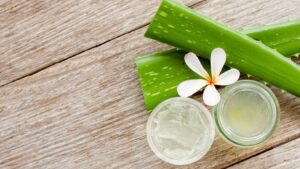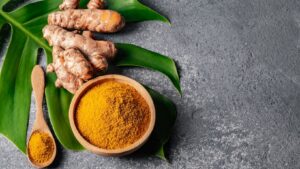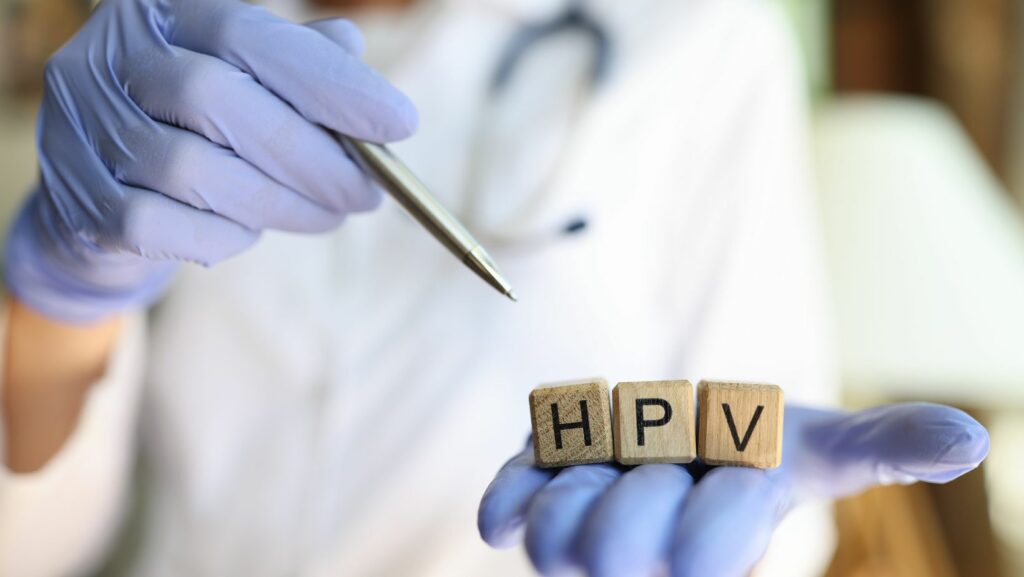Human Papillomavirus (HPV) is a common viral infection affecting millions worldwide. While conventional treatments are available, many seek alternative methods to manage symptoms and support overall health. Herbal remedies have gained popularity as natural options for those looking to complement traditional approaches.
These natural solutions often come from plants known for their antiviral and immune-boosting properties. People have used herbs like echinacea, green tea, and garlic for centuries to promote wellness and potentially help with HPV. As interest in holistic health grows, understanding how these remedies might aid in managing HPV becomes crucial.
Understanding HPV
 Human Papillomavirus (HPV) affects millions worldwide. It’s a collection of over 100 related viruses, with more than 40 transmitted through sexual contact. HPV can lead to health issues like genital warts and certain cancers, including cervical, anal, and throat cancers. According to the Centers for Disease Control and Prevention (CDC), HPV is the most common sexually transmitted infection in the United States.
Human Papillomavirus (HPV) affects millions worldwide. It’s a collection of over 100 related viruses, with more than 40 transmitted through sexual contact. HPV can lead to health issues like genital warts and certain cancers, including cervical, anal, and throat cancers. According to the Centers for Disease Control and Prevention (CDC), HPV is the most common sexually transmitted infection in the United States.
The virus often goes unnoticed because many infections are asymptomatic. In some cases, the immune system clears HPV naturally within two years. However, persistent infections can cause severe health complications. Vaccination provides effective prevention against the most harmful strains, significantly reducing the risk of associated cancers and warts.
Proper screening plays a crucial role in early detection and management of HPV-related health problems. Regular Pap tests and HPV tests help identify precancerous changes in cervical cells. This facilitates timely intervention to prevent the development of cancer. Public awareness and education about HPV transmission, prevention, and potential health outcomes remain essential in mitigating its impact.
Herbal Remedies for HPV
Herbal remedies offer a natural approach to managing HPV symptoms. While they aren’t a cure, they can support immune health and may help alleviate certain symptoms.
Aloe Vera
 Aloe vera contains compounds with antiviral and anti-inflammatory properties. Studies suggest it may support the immune system and soothe skin irritations, making it a potential option for managing genital warts. Aloe can be applied topically to affected areas for relief.
Aloe vera contains compounds with antiviral and anti-inflammatory properties. Studies suggest it may support the immune system and soothe skin irritations, making it a potential option for managing genital warts. Aloe can be applied topically to affected areas for relief.
Echinacea
Echinacea is known for its immune-boosting effects. Research indicates that it may stimulate the body’s natural defenses against viral infections. Utilizing echinacea supplements or teas could enhance overall immune function and contribute to managing HPV symptoms.
Green Tea Extract
Green tea extract, rich in catechins, exhibits antiviral properties. It’s used in topical treatments like sinecatechins, an FDA-approved ointment for genital warts. Consuming green tea or using extracts may support immune health and complement conventional treatments.
Turmeric
Turmeric, containing the active ingredient curcumin, offers anti-inflammatory and antiviral benefits. Studies show it may inhibit viral activity and boost immunity. Adding turmeric to the diet or taking curcumin supplements could assist in managing HPV-related health issues.
Evidence Supporting Herbal Remedies
 Research on herbal remedies for HPV offers varying degrees of support. Several studies suggest echinacea may enhance immune function. A study published in the “Journal of Alternative and Complementary Medicine” in 2012 found a potential increase in immune activity with regular consumption of echinacea. This boost could help the body combat viral infections more effectively.
Research on herbal remedies for HPV offers varying degrees of support. Several studies suggest echinacea may enhance immune function. A study published in the “Journal of Alternative and Complementary Medicine” in 2012 found a potential increase in immune activity with regular consumption of echinacea. This boost could help the body combat viral infections more effectively.
Green tea extract, particularly its active compound catechin, shows promise in clinical settings. A 2008 study in “Antiviral Research” demonstrated the effectiveness of sinecatechin ointment, derived from green tea, in clearing genital warts. Participants showed significant improvement, underlining green tea’s relevance in HPV management.
Garlic is renowned for its antiviral properties. A 2014 research article in “Avicenna Journal of Phytomedicine” outlined the effects of garlic extract on the immune system. Although direct studies on HPV are limited, its general antiviral potential merits consideration as part of a holistic approach to health.
Turmeric and its active component curcumin have gathered attention due to their anti-inflammatory capabilities. A review in the “National Journal of Cancer Prevention” in 2013 examined curcumin’s antiviral and anti-inflammatory roles. While HPV-specific studies are still emerging, turmeric’s attributes align with desired outcomes in managing viral symptoms.
These findings highlight the potential for herbal remedies to complement traditional treatments. Although not definitive cures, they can support immune health, possibly accelerating recovery and managing symptoms associated with HPV.

